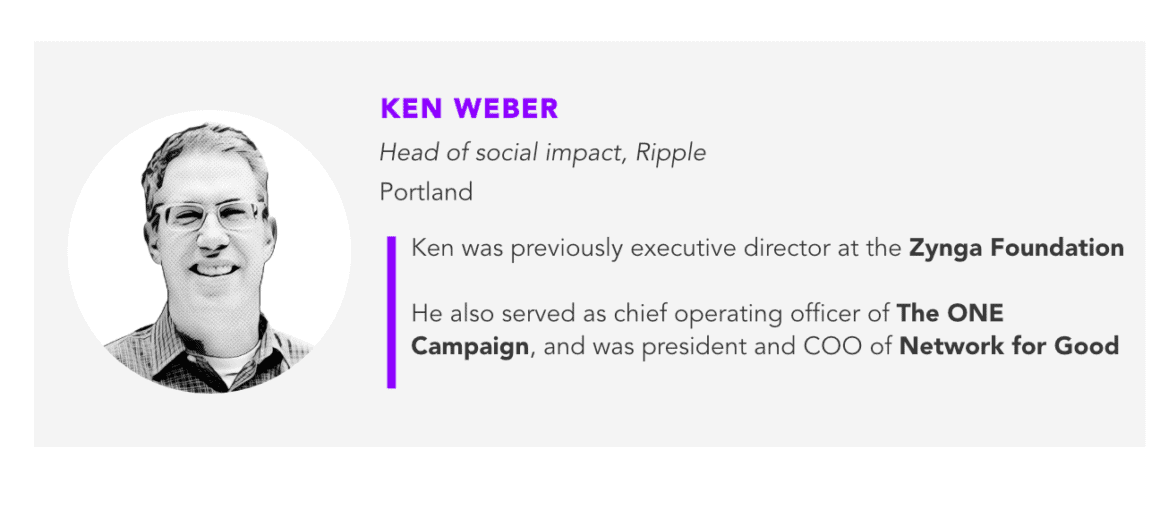The global Covid-19 pandemic has accelerated the shift in how we think about money and spurred a dramatic rise in digital payments, which are expected to increase by 15% this year alone as consumers seek faster and more accessible payment solutions. As digital payments become more widely adopted, the financial technology (fintech) industry has an opportunity to lead global finance toward a more sustainable future.
As cryptocurrencies and blockchain become more pervasive, it is important to be mindful of the potential negative environmental impact of these technologies at scale. As is well documented, the energy consumption and carbon intensity associated with existing transactions are massive. Traditional finance also carries a substantial carbon footprint.

It is also no secret that the process of mining cryptocurrency consumes large amounts of energy. Portugal, for example, consumes 1 billion kilowatt-hour (KWh) of energy annually, while 60 million bitcoin transactions consumed approximately 29 billion KWh in 2019 — or 2.3 billion gallons in fossil fuel.
Fintech innovators to take the lead
Fintech leaders have an unprecedented opportunity to take advantage of the relatively early stages of the blockchain and cryptocurrency industry’s development to build — and design — a more sustainable future for global finance now. As natural innovators, fintechs are well-positioned to lead in making carbon-neutral finance an achievable reality.
As with any complex system, it will be much easier to create a sustainable blockchain ecosystem from the ground up now than to “reverse engineer” it at a later growth stage. Independent research shows that now through 2023 are likely to be the most critical years of adoption growth for cryptocurrencies, including BTC, ETH and XRP, so it’s important that financial technologies like blockchain and cryptocurrency are green and address the increasing environmental burden as the future of finance.
Traditional finance is already making their moves toward reducing its collective impact on the climate. Well-known investment firms like Blackrock are encouraging clients to rethink their investments by offering sustainable products and engaging with companies on climate-related risks and opportunities. Similarly, the Rocky Mountain Institute recently launched the Center for Climate Aligned Finance, which includes commitments from Wells Fargo, Goldman Sachs, Bank of America, JPMorgan Chase and others.
Ripple’s commitment to reach carbon net-zero by 2030
With a global consensus emerging on the need for urgency across industries, Ripple is taking action with a pledge to reach carbon net-zero by 2030 through a combination of emissions reductions, carbon offsets and investments in innovative carbon removal technology.
In order to truly lead a sustainable future for finance, Ripple also partnered with Energy Web Foundation on the co-creation of EW Zero, a new, open-source tool that will enable any blockchain to decarbonize through the purchase of renewable energy in local markets worldwide.
The XRP Ledger, which Ripple leverages for its inherently green design, is already utilizing EW Zero to purchase clean energy, making it the first major carbon-neutral blockchain. With XRP expected to grow to $750 billion in transaction volume by 2025, this commitment to reach carbon net-zero speaks volumes when it comes to impact on energy savings.
Widespread adoption of green practices within the blockchain industry and global finance won’t happen overnight, but it’s imperative that business leaders take responsibility now to reduce energy consumption. The alternative — to stand idly by while a new technology runs up a large, unclean energy bill — is unacceptable and unsustainable.
Together with the clean energy innovators and global finance decision-makers, fintech can introduce sustainable measures to ensure our green digital future and help meet global emissions targets by 2050, the sustainability target set forth for the world by the Paris Agreement.




